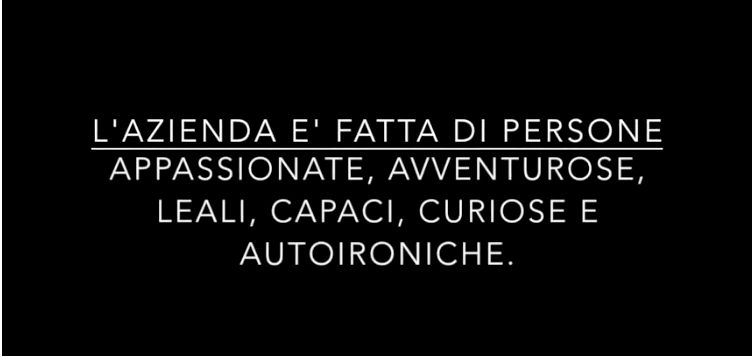NIn self-empowerment labs, at some point we put the chairs in a circle and, regularly, someone declares: “My name is Giuseppe, and I haven’t drunk for three days”. Everyone laughs. I say out loud: “If I had a euro for every time I heard that’”. And then we start. By now it is a kind of ritual.
Anonymous Self-Development: detoxify oneself from one’s own skills
So, last week, I decided it was time to call it a day: self-help group it is! In the evening session we then built a real set, dividing the roles between actors, cameramen and authors. The classroom was made up of a group of technical and scientific experts who are being asked by the company to increase their impact and ability to dialogue outside their area of expertise, becoming better at disseminating, influencing and innovating.
What should they detoxify themselves from? Simple: from the vision of expertise as a refuge, as a space in which to hide, of knowledge as an identity, rather than as an asset to be shared in the world and in the company, to generate new products, ideas and business.
In fact, we often experience the process of personal growth and evolution as a pathway through which we build, in part even artfully construct, ourselves, in order to be better, to appear more capable or successful. The risk is that we add behaviours, methods and attitudes in a somewhat forced way, and thus lose naturalness, authenticity. The process of self-empowerment, on the other hand, tends precisely towards authenticity, and is therefore more reminiscent of the work of the sculptor who ‘removes the superfluous’ than that of the somewhat kitsch decorator who adds yet another ornament Nakedness, in these terms, is therefore a goal, a direction that can be pursued in order to bring out the value of one’s innate qualities, accepting oneself and, perhaps, one’s vulnerabilities as well.
Talent is not everything
Talent as such is thus demythologized, the meaning of extra-ordinary that concerns the few, in favor of a more ordinary (but no less exceptional!) meaning that can instead concern everyone, and that has to do with everyone taking responsibility, in acquiring awareness of his or her strengths and putting will, desire and determination into action.
Here then, in the empowerment path of these people, we have added a crucial piece. Because sometimes the best self-help tool is called irony.
Looking at one’s inadequacies with irony
Every development path, in fact, brings us into contact with the difficulty of exposing our inadequacies. An empowerment path, for us, therefore also has the task of defusing these fears, observing them in their correct dimension.
We support companies of empowering and leading people. This also involves the ability to joke about oneself and to lighten the leaden loads that we sometimes put or have put on our shoulders, in order to discover ourselves more effective and, at the same time, more authoritative.
Because, to quote Roberto Gervaso, in companies as in life: how many people would be more serious if they did not take themselves too seriously.

Scrivi un commento